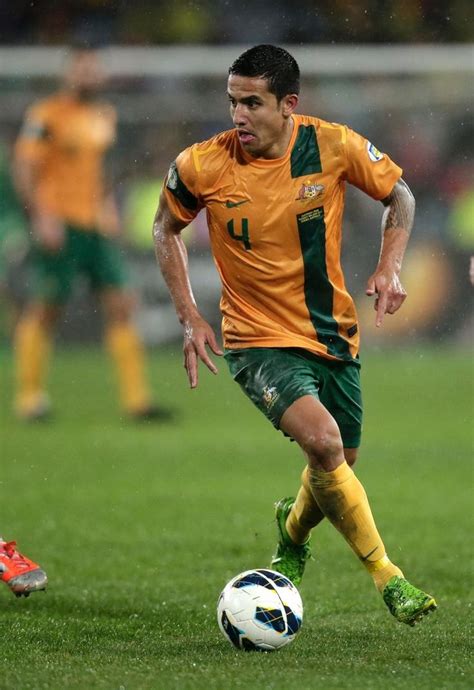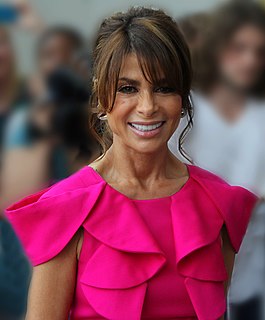A Quote by Jordan Fisher
I take constructive criticism really well.
Quote Topics
Related Quotes
You gotta deal with a lot of people, the naysayers... but I've always been the guy who kinda just smiles and laughs at it. I use it as constructive criticism to be honest. Whether they're intentionally trying to be kind of spiteful or not, it's constructive criticism because you can't say there's always truth to it but there's definitely something.
That was one of the big problems in the [Black Panther] Party. Criticism and self-criticism were not encouraged, and the little that was given often wasn’t taken seriously. Constructive criticism and self-criticism are extremely important for any revolutionary organization. Without them, people tend to drown in their mistakes, not learn from them.
It is important to know that criticism is a natural part of life and speaking out, and to know that a certain amount of the criticism you receive may have nothing to do with you, your argument, or the way you are articulating yourself. Some criticism online and in the physical world is neither constructive, nor balanced or intelligent. Some of it is abuse.




































